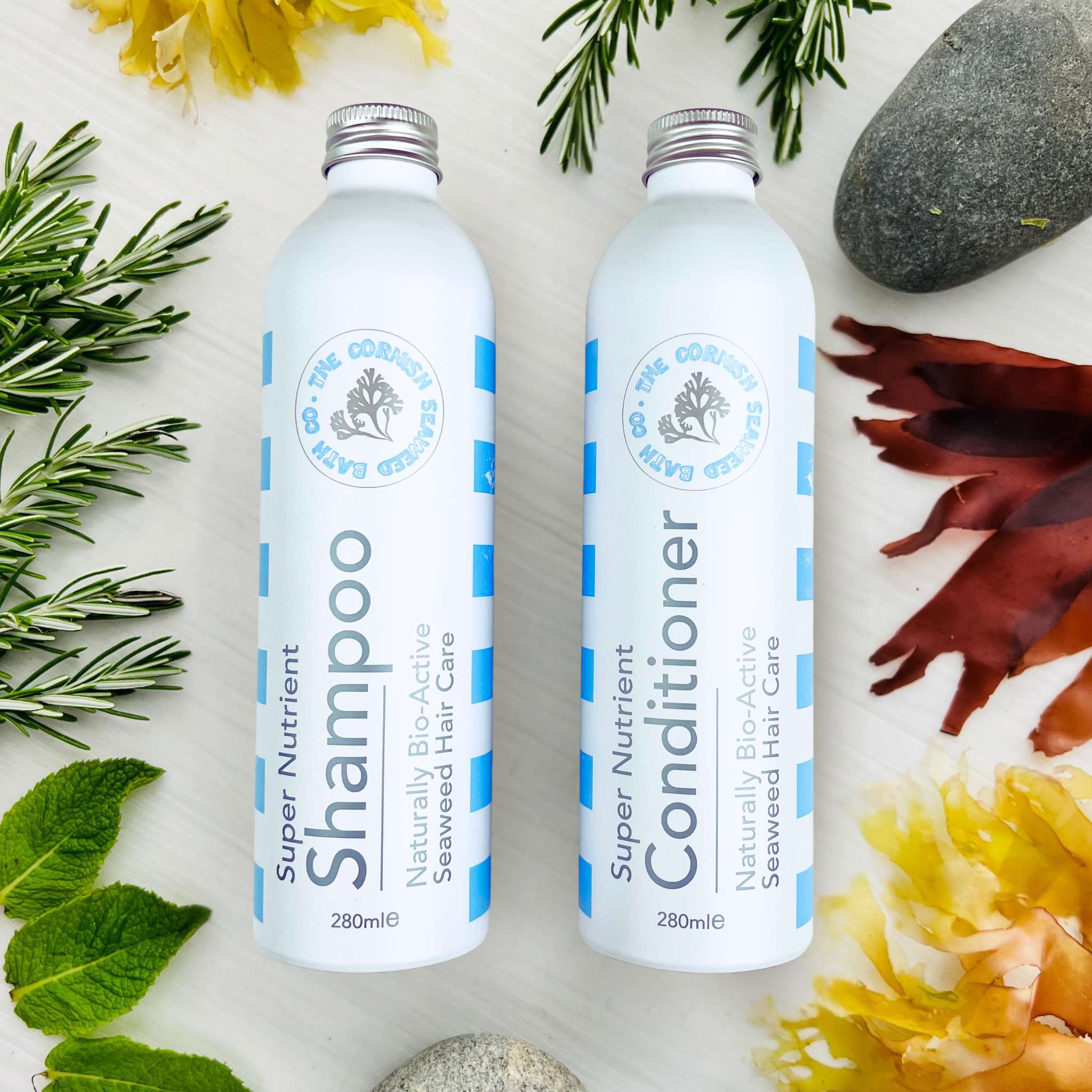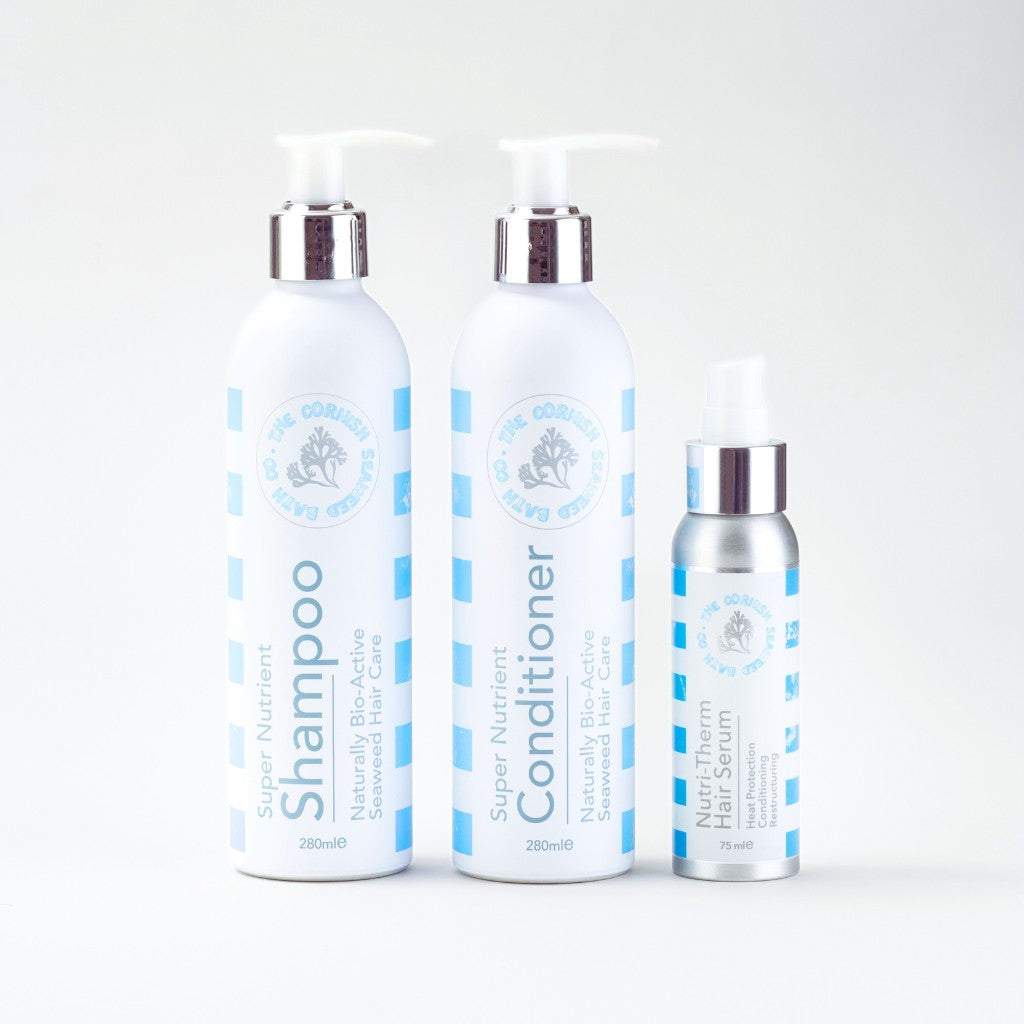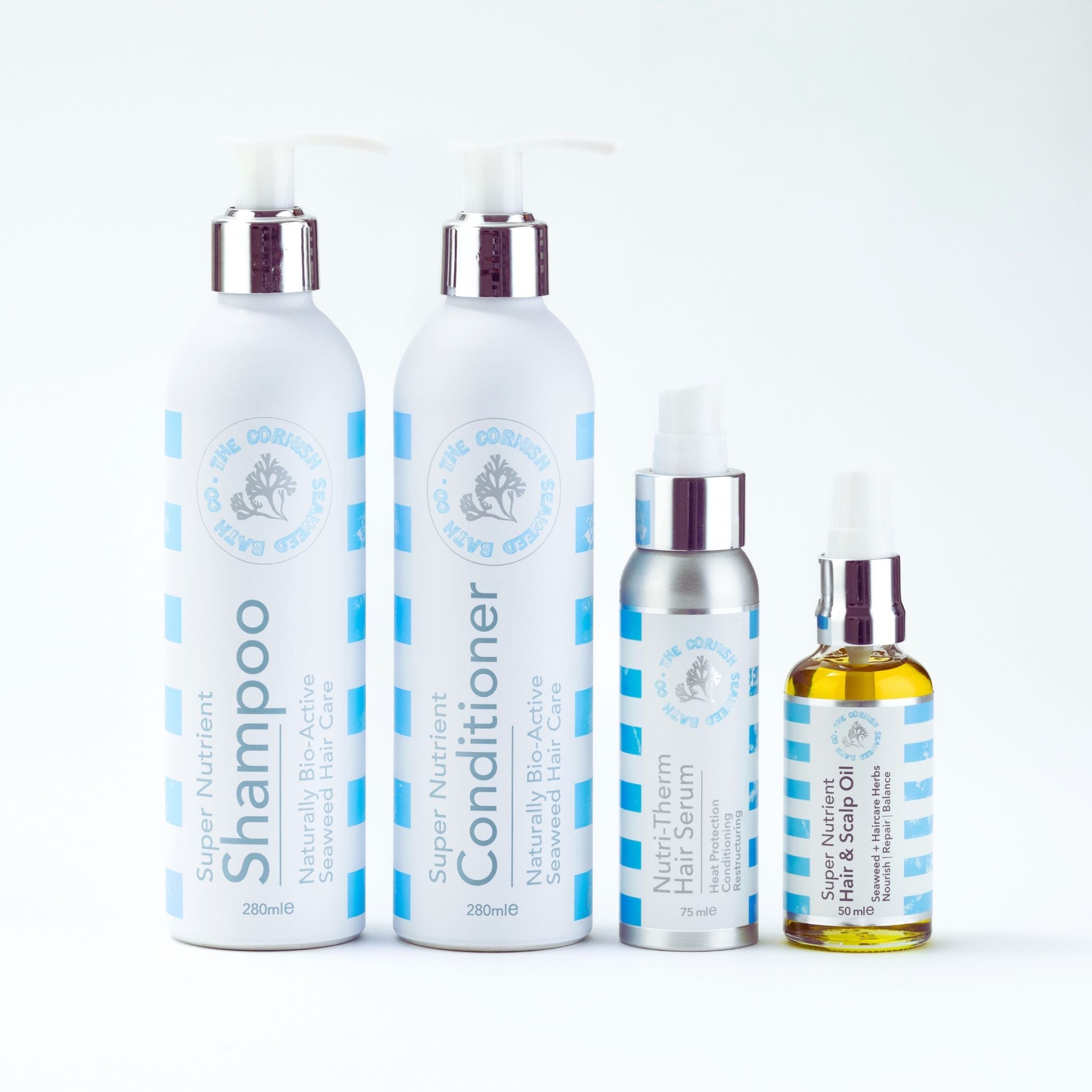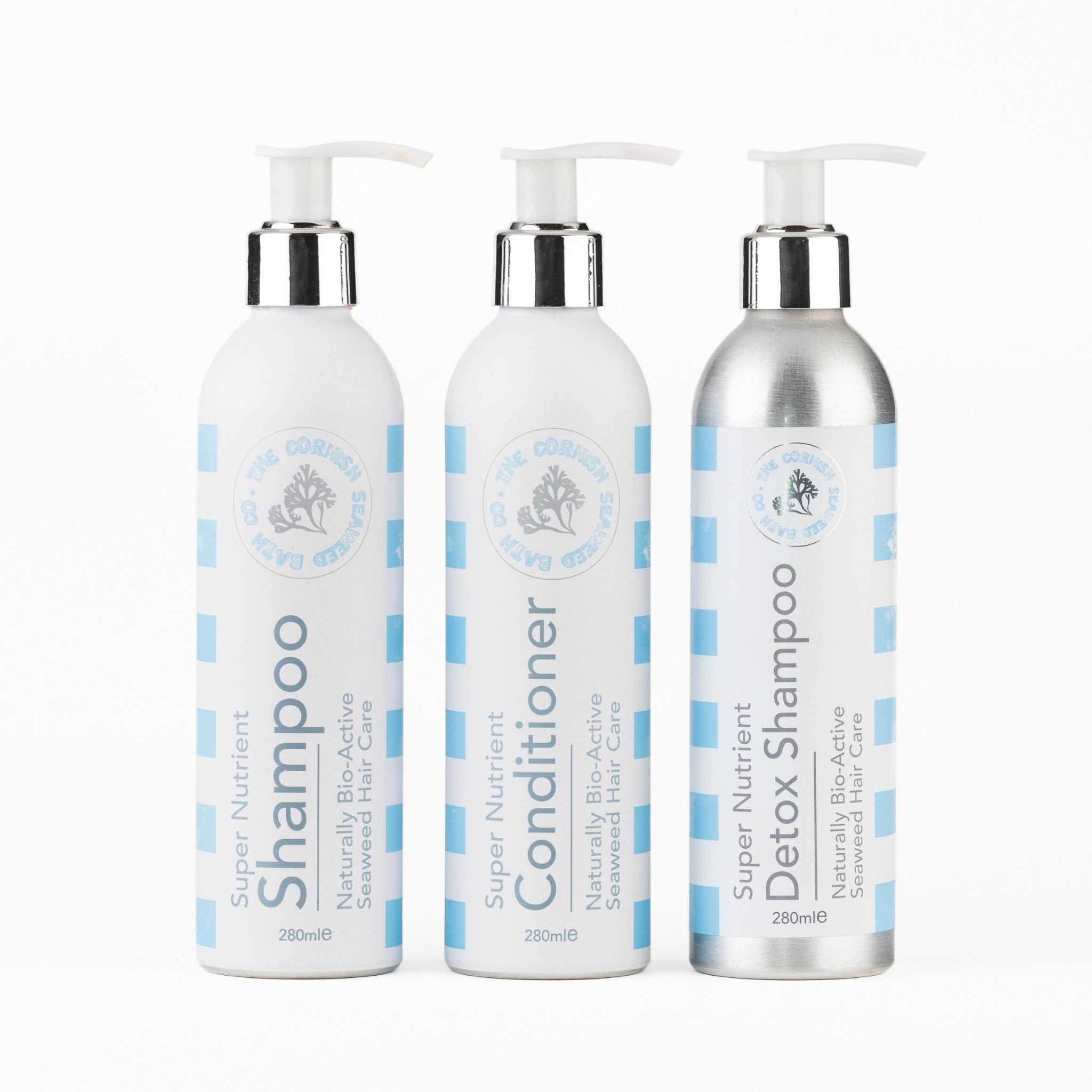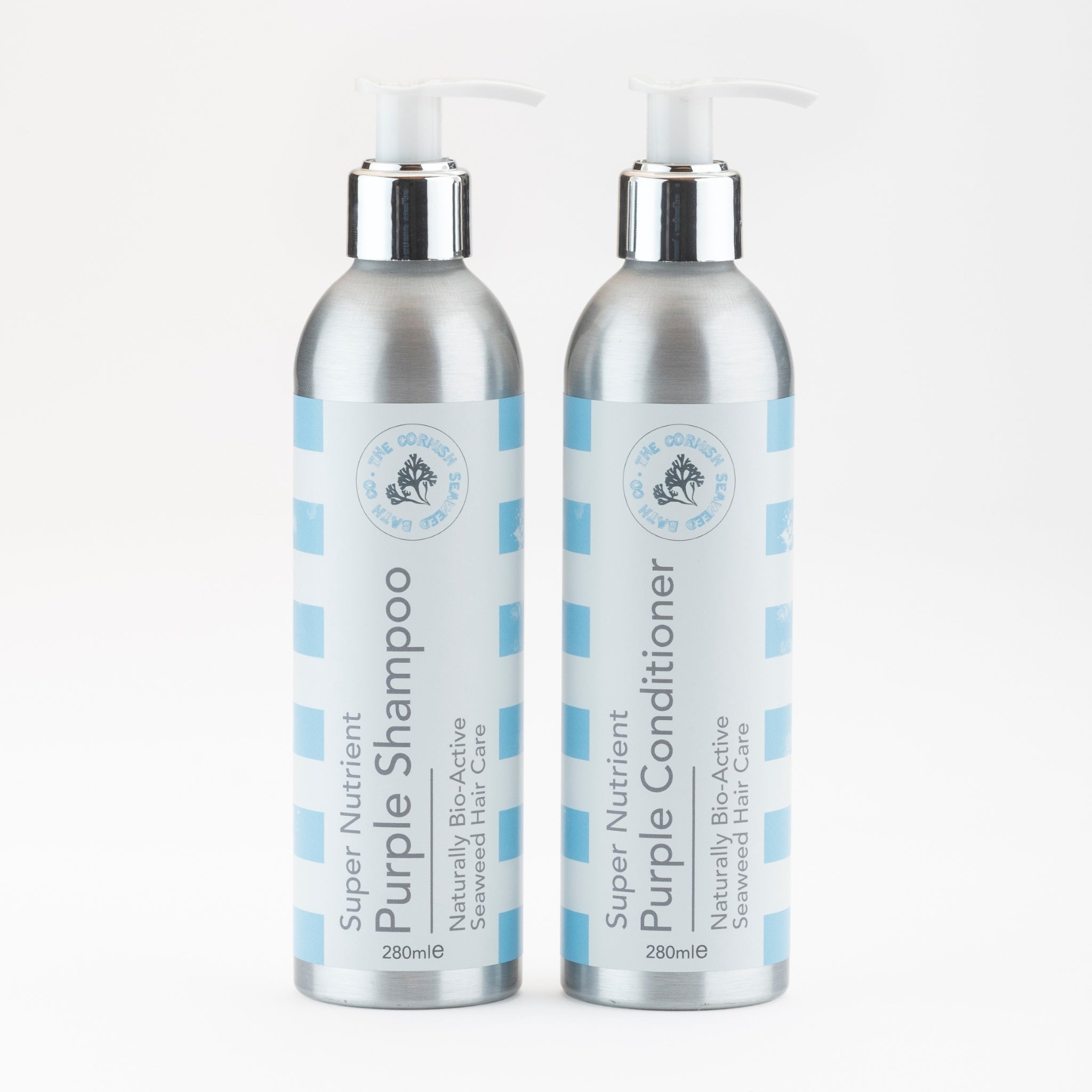Key Takeaways
- House soap is a fundamental part of daily hygiene routines.
- It bridges personal care and household cleaning needs.
- House soap is versatile for handwashing, bathing, and gentle surface cleaning.
- It serves as an essential staple for busy households.
- Natural and effective cleansing solutions are provided by house soap.
Table of Contents
- What is House Soap? Purpose, Forms & Heritage
- The Science & Sensory Experience
- Fragrance Profile, Nature's Blend vs. Synthetic Scents
- Ingredients in House Soap, Safety, Suitability & Skin Support
- Using House Soap Effectively, Techniques, Storage & Problem-Solving
- House Soap Comparison, Bar vs. Liquid Formulations
- Recommended House Soaps for Specific Needs
- Real-World House Soap Applications
House Soap Guide: Natural Cleansing for Every Home
House soap serves as the cornerstone of daily hygiene routines, bridging the gap between personal care and household cleansing needs. Unlike specialised toiletries, house soap offers versatility for handwashing, bathing, and gentle surface cleaning, making it an essential staple for busy households seeking natural, effective cleansing solutions. Our Pure Seaweed Soap is a popular choice for those looking for a multi-purpose, mineral-rich bar that supports both skin and home hygiene.
The modern house soap market presents numerous choices, from traditional bars to liquid formulations, each designed to meet different family needs. Understanding the distinctions between ingredients, forms, and applications helps you select soaps that support your household's daily routines whilst maintaining skin comfort and environmental responsibility. For those with sensitive skin or fragrance concerns, Fragrance Free Seaweed Soap provides a gentle, unscented alternative suitable for all ages.
A bamboo soap bag can further enhance your house soap experience by providing gentle exfoliation and helping your bar soap last longer, making it a practical addition to any household routine.
What is House Soap? Purpose, Forms & Heritage
Definition and Historical Context
House soap encompasses cleansing bars, liquids, and powders designed for multiple household applications, from personal hygiene to gentle cleaning tasks. This versatile category emerged from traditional soap-making practices where families created single formulations to serve various cleansing needs throughout their homes.
Archaeological evidence suggests soap-like substances appeared in ancient Babylon around 2800 BCE, created by combining animal fats with ash-derived alkalis. By medieval times, European households commonly produced their own soap using locally available ingredients, a practice that established the foundation for today's artisanal and natural soap traditions. For a deeper dive into the history of soap-making, see this comprehensive overview of soap-making history.
Quick Answer: What is house soap?
House soap refers to multi-purpose cleansing products suitable for handwashing, bathing, and light household cleaning, typically formulated with gentle ingredients to accommodate frequent daily use by multiple family members.
Forms of House Soap
Contemporary house soaps appear in several distinct forms, each offering specific advantages for different household applications. Bar soaps provide longevity and minimal packaging, whilst liquid formulations offer convenience for pump dispensers and measured dosing.
Our Pure Seaweed Soap exemplifies traditional bar soap craftsmanship, combining saponified olive, coconut, and castor oils with Cornish seaweed (Fucus serratus) and essential oils of lime, lemongrass, and bergamot. This 140g bar delivers approximately 4-6 weeks of daily handwashing for an average household, with the seaweed providing skin-nourishing minerals whilst the citrus oils offer an uplifting fragrance experience.
For households preferring seasonal variety, our Limited Edition Seaweed Soap features the same plant oil base enhanced with warming frankincense, cinnamon, and orange essential oils. This formulation appeals to those seeking aromatic diversity in their daily cleansing routine whilst maintaining the gentle, moisturising properties of traditional soap-making methods. You can explore this Limited Edition Seaweed Soap for a unique, seasonal twist on classic house soap.
| Soap Form | Primary Use | Storage Requirements | Typical Longevity |
|---|---|---|---|
| Bar | Handwashing, bathing | Dry, ventilated area | 4-8 weeks |
| Liquid | Pump dispensing, measured use | Cool, stable surface | 2-4 months |
| Flakes/Powder | Laundry, dissolving applications | Sealed container, dry storage | 6-12 months |
Everyday Uses in Contemporary Homes
Modern households utilise house soap across multiple daily scenarios: frequent handwashing in kitchens and bathrooms, gentle body cleansing for sensitive skin family members, and occasional cleaning of delicate surfaces or textiles. Multi-generational homes particularly benefit from fragrance-free or lightly scented options that accommodate varying sensitivities. For more on the benefits of natural seaweed soap for sensitive skin, read our in-depth blog post on seaweed soap for sensitive skin.
Busy family environments require soaps that perform consistently under frequent use whilst maintaining skin comfort. Natural formulations with moisturising plant oils prevent the dryness often associated with commercial detergent-based products, making them suitable for children's frequent handwashing and adults' daily bathing routines.
The Science & Sensory Experience

Cleansing Mechanisms, The Basics
Soap molecules contain both water-loving (hydrophilic) and oil-loving (lipophilic) components, enabling them to lift oils, dirt, and debris from skin surfaces. When agitated with water, these molecules form micelles, tiny spheres that trap contaminants and allow them to be rinsed away effectively.
Traditional saponified plant oils create gentler cleansing action compared to synthetic detergents, as they maintain glycerine, a natural moisturising byproduct of the soap-making process. This explains why handmade soaps often feel less drying than commercial alternatives, particularly important for households with frequent handwashing requirements.
Sensory Landscape, Texture, Lather & Rinse
Quality house soaps produce rich, creamy lather that feels substantial without being overly dense or difficult to rinse. Coconut oil contributes to lather volume, whilst olive oil provides conditioning properties that leave skin feeling smooth rather than tight or stripped.
Water hardness significantly affects lather production, soft water areas may require less soap to achieve adequate cleansing, whilst hard water regions benefit from formulations containing castor oil, which maintains lather stability even in mineral-rich environments.
Fragrance Profile, Nature's Blend vs. Synthetic Scents
Natural house soap fragrance comes from two primary sources: essential oils extracted from plants, or complete absence of added scents. Our Limited Edition Seaweed Soap combines frankincense, cinnamon, and orange essential oils to create a warming, grounding aroma that transforms daily handwashing into a mindful moment. The frankincense provides an earthy base note, whilst cinnamon adds gentle spice and orange delivers bright citrus top notes.
For households prioritising simplicity or managing fragrance sensitivities, our Fragrance Free Seaweed Soap contains no added essential oils, only the subtle, clean scent of saponified plant oils and seaweed. This option suits shared bathrooms, children's handwashing stations, and anyone seeking purely functional cleansing without sensory distraction. If you're interested in more fragrance-free options, see our full fragrance free collection.
Essential oil selection in house soap serves specific purposes beyond pleasant scent. Bergamot and lime oils possess naturally uplifting properties that can energise morning routines, whilst frankincense and lavender tend to promote evening relaxation. Choose scented varieties when you want house soap to contribute to your home's atmosphere, and fragrance-free options when cleansing effectiveness takes priority.
Ingredients in House Soap, Safety, Suitability & Skin Support
Base & Key Ingredients
The foundation of quality house soap lies in saponified plant oils, olive oil provides gentle cleansing and natural moisturising properties, coconut oil creates rich lather and effective soil removal, whilst castor oil maintains lather stability in hard water conditions. These three oils form the cleansing base in our soap formulations, working together to lift dirt and oils whilst supporting the skin's natural barrier.
Seaweed (Fucus serratus) distinguishes our house soap from conventional alternatives by contributing essential minerals including iodine, potassium, and magnesium that naturally occur in Cornish coastal waters. This brown seaweed variety contains compounds that help maintain skin hydration during cleansing, making frequent handwashing less likely to cause dryness or irritation.
Is Cornish seaweed gentle on sensitive skin? Yes, the minerals in Fucus serratus support the skin's natural protective barrier rather than stripping it, making our seaweed-enriched formulations suitable for daily use on sensitive skin types.
| Ingredient | Primary Function | Skin Benefit |
|---|---|---|
| Olive Oil (Saponified) | Gentle cleanser | Natural moisturising |
| Coconut Oil (Saponified) | Lather creation | Effective soil removal |
| Castor Oil (Saponified) | Lather stabiliser | Hard water performance |
| Seaweed (Fucus Serratus) | Mineral enrichment | Barrier support |
Additives & Active Botanicals
Essential oils serve dual purposes in house soap formulations, they provide natural fragrance whilst contributing specific properties that enhance the cleansing experience. In our Pure Seaweed Soap, lime, lemongrass, and bergamot essential oils create an invigorating scent profile that energises morning routines, whilst their natural compounds may help maintain soap freshness during storage.
Our Limited Edition Seaweed Soap features frankincense for its grounding, meditative qualities, paired with warming cinnamon and uplifting orange. These botanicals are selected for households seeking house soap that contributes to daily wellness rituals rather than purely functional cleansing. Choose fragrance-free options when sensitivity concerns outweigh aromatherapy benefits.
Safety, Allergens & Suitability
Natural house soap ingredients generally present fewer sensitivity risks than synthetic alternatives, though individual reactions can occur with any botanical component. Essential oils like citrus (lime, orange, bergamot) may cause photosensitivity in some users, particularly when used before sun exposure, whilst cinnamon oil requires careful formulation to avoid skin irritation.
For households with young children, elderly family members, or known fragrance sensitivities, fragrance-free formulations eliminate potential essential oil reactions whilst maintaining effective cleansing properties. Always check ingredient lists for specific allergens, and discontinue use if irritation develops during the first few applications. For more information about fragrance-free cleansing, see our fragrance free blog article.
Using House Soap Effectively, Techniques, Storage & Problem-Solving

Application Methods & Amounts
Bar soap requires proper technique for optimal cleansing, wet hands with warm water, then rub the bar between palms using circular motions for 10-15 seconds to create adequate lather. A little goes a long way and a small palm sized amount of lather provides sufficient soap for thorough handwashing, whilst excessive amounts waste product without improving cleansing effectiveness.
For body cleansing, work up lather in hands first before applying to skin, allowing the soap's plant oils to activate fully. This method prevents direct bar-to-skin contact that can feel harsh, whilst ensuring even distribution of cleansing ingredients. For more tips on making the most of your bar soap, check out our soap bar guide.
House Soap Comparison, Bar vs. Liquid Formulations
Comparison Criteria: Effectiveness and Experience
When evaluating house soap options, four key factors determine their suitability for daily use: cleansing effectiveness, skin compatibility, ingredient transparency, and environmental impact. Bar soaps typically offer concentrated formulations with minimal packaging, whilst liquid variants provide convenience and controlled dosing.
| Feature | Bar Soap | Liquid Soap |
|---|---|---|
| Ingredient concentration | Higher active ingredients per gram | Diluted with water base |
| Packaging waste | Minimal paper wrapping | Plastic bottles required |
| Usage control | Natural portion sizing | Pump dispensing precision |
| Storage requirements | Dry surface essential | Shelf stable in container |
Brand Perspectives: Natural Formulation Approaches
We focus on traditional bar soap crafting with seaweed and saponified plant oils, believing this method preserves ingredient integrity whilst providing gentle, effective cleansing. Our formulations emphasise botanical extracts and essential oils rather than synthetic fragrances or harsh detergents.
Comparing with other natural soap makers reveals different philosophical approaches. The Hen House Soap Co. emphasises farm-fresh ingredients and subscription convenience, positioning their products for regular delivery rather than individual selection. White House Soap Company focuses on heritage presentation and elegant packaging for gifting occasions, using single-scent profiles in their special collections.
We differentiate through our Cornish seaweed integration, specifically Fucus serratus, combined with traditional saponification methods that create naturally moisturising bars suitable for frequent use across multiple household applications. For those looking to try a variety of house soap options, our Soap Lovers Set is an excellent way to experience several formulations in one convenient package.
Recommended House Soaps for Specific Needs
Fragrance Free Seaweed Soap, Sensitive Skin Solution
Best for: Households with skin sensitivities, children's bathrooms, and frequent hand washing
Our Fragrance Free Seaweed Soap contains only saponified plant oils (olive, coconut, castor) and Fucus serratus seaweed, making it ideal for those who experience irritation from essential oils or synthetic fragrances. The seaweed provides natural minerals that support skin barrier function without added complexity.
Sensitivity Testing: Apply a small amount to the inside of your wrist, lather briefly, and rinse. Wait 24 hours to observe any reaction before full use.
Pure Seaweed Soap, Everyday Multipurpose Choice
Best for: Main family bathrooms, kitchen sinks, and guest powder rooms
This house soap combines the same plant oil base with lime, lemongrass, and bergamot essential oils, creating an uplifting fragrance suitable for daily use. The citrus blend provides natural antimicrobial properties whilst remaining gentle enough for frequent washing throughout the day. For a thoughtful gift or to pair with your soap, consider our Soap + Skin Balm Set for extra nourishment.
Limited Edition Seaweed Soap, Seasonal Variety
Best for: Gift giving, seasonal rotation, and special occasions
Featuring frankincense, cinnamon, and orange essential oils, this formulation offers warming, spiced notes perfect for autumn and winter months. The frankincense resin provides additional skin-soothing properties, whilst cinnamon and orange create an inviting atmosphere in shared spaces.
These seasonal variations allow households to rotate scents throughout the year whilst maintaining consistent cleansing performance and ingredient quality across all formulations.
Real-World House Soap Applications

Family Kitchen Handwashing Routine
In busy family kitchens, house soap serves multiple daily functions beyond basic handwashing. Before food preparation, create a thorough lather and wash for the full twenty seconds, paying attention to fingernails and knuckles where bacteria accumulate. After handling raw ingredients, the natural oils in bar soap help remove food residues whilst maintaining skin moisture despite frequent washing. For more on the science of soap and hygiene, see this peer-reviewed article on soap and skin health.
Position the soap bar in a well-draining dish near the sink, allowing air circulation to prevent softening. For families preparing multiple meals daily, this placement ensures the soap remains firm and economical throughout extended use periods. If you want to minimise waste and make the most of every bar, try our Seaweed Soap Offcut for an eco-friendly, budget-conscious option.
Sensitive-Skin Household Sanctuary
Homes accommodating elderly residents or children with reactive skin benefit from establishing fragrance-free zones in primary bathrooms. Our Fragrance Free Seaweed Soap integrates seamlessly into these environments, providing effective cleansing without triggering sensitivities common with synthetic additives.
Create designated soap storage in each bathroom, ensuring bars remain dry between uses. This approach prevents bacterial growth whilst extending product life, particularly important for households managing multiple skin sensitivities simultaneously.
Gifting and Special Occasions
House soap makes a thoughtful, practical gift for friends and family, especially when presented as part of a curated set or paired with a bamboo soap bag. Our seasonal and fragrance-free options allow you to tailor your selection to the recipient's preferences, ensuring a nurturing and useful addition to their daily routine.
Frequently Asked Questions
What are the main differences between bar and liquid house soap formulations, and how do I choose the best one for my household?
Bar soaps typically contain saponified plant oils and offer a solid, long-lasting form that can be used for handwashing, bathing, and gentle cleaning. Liquid soaps provide convenience and ease of use but often require packaging that may impact sustainability. Choosing between them depends on your household's preferences for texture, storage, and environmental considerations, with bars like our Pure Seaweed Soap offering a versatile, natural option.
How do natural ingredients like seaweed and essential oils in house soap benefit both skin health and environmental sustainability?
Seaweed contributes mineral-rich nourishment that supports skin comfort without harsh chemicals, while essential oils provide gentle fragrance and soothing properties. These natural ingredients are biodegradable and sourced with environmental respect, helping to reduce the impact on ecosystems compared to synthetic alternatives.
What techniques and storage tips can help extend the lifespan and effectiveness of house soap bars?
Allowing soap bars to dry between uses by placing them on a well-draining surface or using a bamboo soap bag prevents excess moisture and softening. Keeping bars away from standing water and storing them in a cool, dry place helps maintain their firmness and ensures they last longer while preserving their cleansing qualities.
Are there suitable house soap options for people with sensitive skin or fragrance sensitivities?
Yes, our Fragrance Free Seaweed Soap offers a gentle, unscented formulation made with saponified plant oils and seaweed, ideal for those with sensitive skin or fragrance concerns. This soap provides effective cleansing while minimising potential irritation, making it suitable for all ages and skin types.
A picture tells a thousand words: out of necessity, some images in this blog post have been created using artificial intelligence models. This is to help us bring to life & more comprehensively express the written content within this post. We only using artificially generated images when we don’t have a suitable image available to us.



